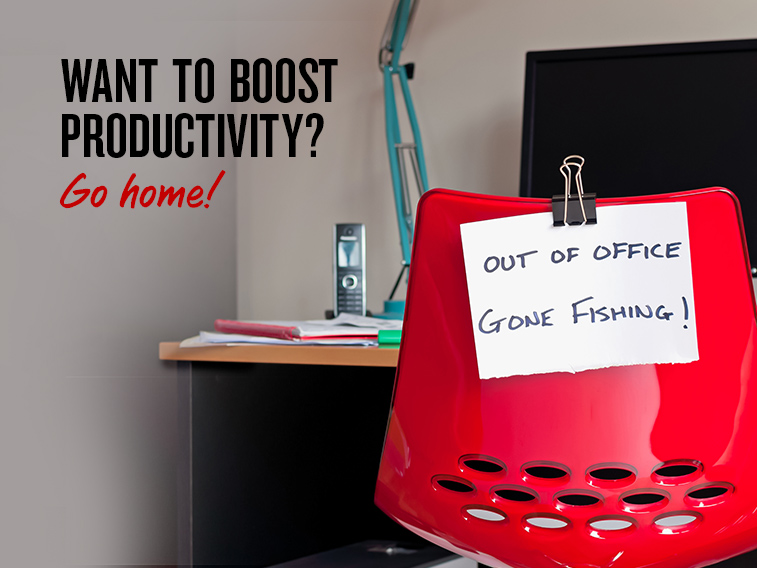Conditions and Confidence improve for SMEs


Believe it or not, working long hours can be bad for business – as well as health. Should you explore the shorter working week?

Australia’s business owners are spending too much time at work. According to NAB’s latest Special SME Insight Report, almost a third of SME owners and managers are working six or seven days each week or for extended hours on weekdays. That’s pretty worrying in terms of poor work-life balance – a study by the Australian National University found that people who work more than 39 hours a week are putting their health at risk.
So, just how long is the ideal working week?
The success of Timothy Ferris’s book The 4-Hour Workweek suggests we’d rather not do much work at all – it’s a No. 1 New York Times, Wall Street Journal and BusinessWeek bestseller and has been translated into more than 35 languages. But even Ferris doesn’t take the promise of the title literally. On his blog he admits the concept wasn’t so much about a specific number of work hours but rather spending more time doing what you want. Here are four simple – and completely achievable – strategies to help you achieve a less work-intensive life.
Research suggests most of us are productive for less than three hours a day. It’s worth remembering that plenty of history’s greatest achievers spent relatively little time on their most important work. Author Mason Currey reports that Charles Dickens only wrote from 9am to 2pm and always took a break for lunch, yet he managed to produce 15 of the world’s most treasured novels. Composer Igor Stravinsky claimed three hours of composition were the most he could manage in a day. And Charles Darwin, who pumped out a whopping 19 books (including, of course, On the Origin of Species), considered eight till noon a good day’s work – even allowing for snuff breaks and chilling out as his wife read aloud to him.
Office environments can be distracting – spending your most productive three hours at home or in the library can help you achieve much more in the same time. Employ the right technology – such as Hootsuite or Sendible, for example – and you can spend less time on tasks like posting on social media or sending emails. If you’ve been using the same programs and apps for five years or so, it’s time for a review – there’s quite possibly newer, more effective products on the market.
If you couldn’t work for any reason, would your business fall apart? A business that can run without you is more stable and has more value for a potential buyer. It also gives you control of your own time, including the option of working shorter hours. As Michael Gerber famously wrote in The E-Myth Revisited, if your business depends on you, you don’t own a business – you have a job.
In 2018, New Zealand-based trust and wills firm Perpetual Guardian began a trial of the four-day working week. The result? Work-life balance improved significantly, staff stress levels were reduced and, crucially, job performance was maintained. Subsequently, the company decided to make the four-day-week a permanent option.
In Germany, meanwhile, project management software company Planio has also cut its 40-hour week to a standard four days.
As founder Jan Schulz-Hofen points out on his blog, overwork isn’t just an issue for employees. “Working longer hours isn’t a sustainable source of competitive advantage,” he says. “But, almost ironically, working less is.”
Now everyone in the company works Monday to Thursday.
“The one major downside is that, if you work with clients or outside stakeholders, you have to tell them you’re only available certain days,” Schulz-Hofen says. “We make sure to communicate our availability in email responders and phone prompts so everyone knows when they can expect a response.”
Professor Jarrod Haar, who worked with Perpetual Guardian on the trial, sees potential for “astronomical” benefits in the four-day week.
“My recommendation is… just trial it,” he writes. “You really have nothing to lose.”
© National Australia Bank Limited. ABN 12 004 044 937 AFSL and Australian Credit Licence 230686.